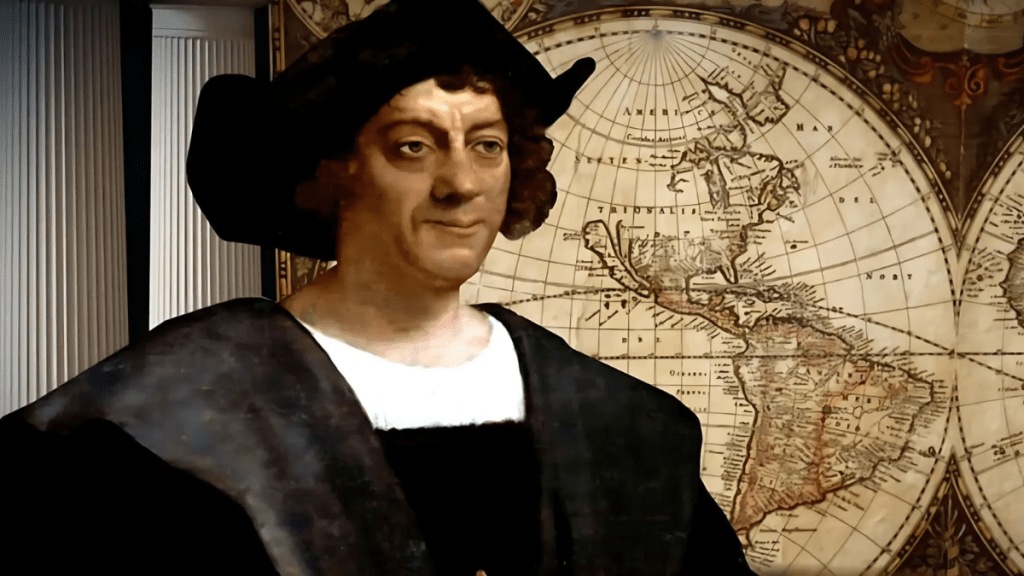A groundbreaking genetic study led by Spanish scientists has reopened the debate regarding Christopher Columbus’s origins, proposing that the iconic explorer was likely Spanish and of Jewish descent. This research challenges the long-accepted belief that Columbus was born in Genoa, Italy, and offers a new perspective on his identity and background.
The study, which has been in progress for over two decades, suggests that Columbus may have been born in Valencia, Spain, rather than Italy. Researchers propose that he may have concealed his Jewish heritage or converted to Catholicism to escape the religious persecution that many faced during that era. This revelation is particularly significant given the historical context of 1492, when Jews and Muslims were forced to convert or flee Spain.
Historically, Columbus’s identity has been shrouded in mystery, with 25 different theories proposed about his birthplace. Claims have emerged from various countries, including Poland, Great Britain, Greece, Portugal, Hungary, and Scandinavian nations. This latest study, which involves DNA analysis of Columbus’s remains alongside those of his son, Hernando, and brother, Diego, provides compelling evidence suggesting he lived in Spain and possibly kept his Jewish roots hidden.
The findings were revealed in a television documentary titled Columbus DNA: His True Origin, which aired on Spain’s national broadcaster RTVE on Saturday, coinciding with Spain’s National Day, a celebration of Columbus’s arrival in the Americas. Professor José Antonio Lorente, a forensic medicine expert at Granada University and co-leader of the research, emphasized the reliability of the results, stating they add to the growing body of evidence that challenges traditional narratives about Columbus.
As the debate surrounding Columbus’s origins continues, this discovery provides new insights into the life of a figure who played a crucial role in the Age of Exploration. The implications of these findings may reshape how history remembers Columbus and spark further discussions about identity and heritage in the context of exploration and colonization.
“In the quest for truth, understanding one’s origins is essential, as the journey to revelation is itself profound,” Lorente noted, underscoring the importance of continued exploration into the life of this enigmatic historical figure.

